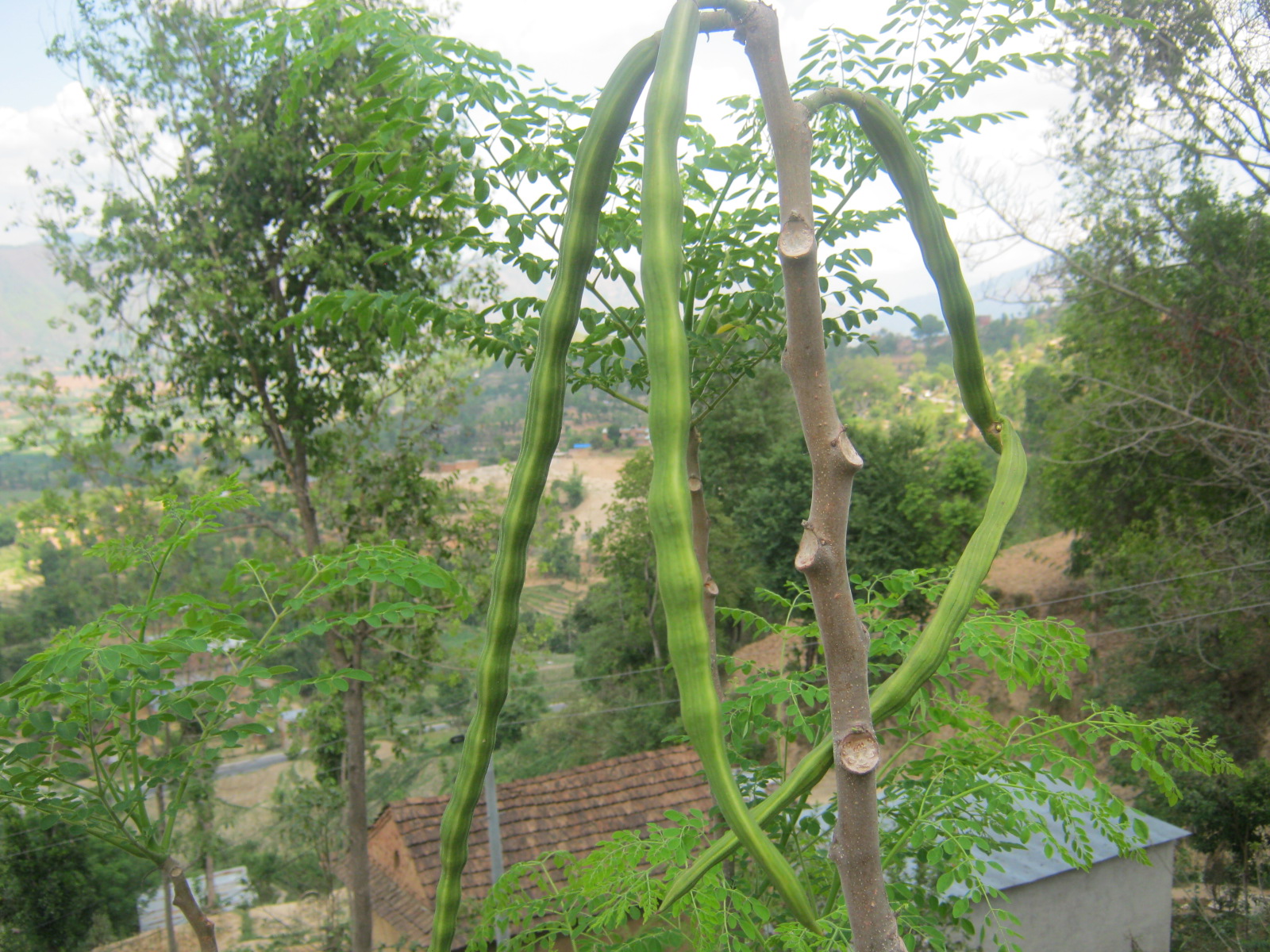The Moringa Oliefera tree claims to contain powerful supplement that can aid in the treatment and prevention of many diseases. While usage of nearly all parts of this tree for many different purposes has been utilized for thousands of years, mostly in Asia, the notoriety of this potential superfood is rapidly increasing into the rest of the world. However, more lab tests using human subjects are needed to substantiate this claim.
To attain the status of a superfood, a food must be nutrient rich and contain vitamins and minerals that are beneficial to the body. However, many nutrition experts do not feel this term should be applied as easily as it has been, and is usually only applied for marketing and commercial purposes. For instance, blueberries are sometimes labeled as a superfood, although it’s not nearly as nutrient dense as originally purported. In fact, out of the many groups of superfoods, berries as a whole have not received the scientific scrutiny applied to others, such as salmon or leafy green vegetables.
The proponents of Moringa Oliefera claim that it is a powerful supplement and more than deserving of the superfood title. For instance, it’s high fiber, protein and vitamin content helps to alleviate the effects of malnutrition in many third world countries when its leaves are eaten. Studies have also shown that it contains antioxidant properties that can aid in the prevention of cardiovascular disease.
Dr. Mark Olson, a botanist at the Universidad National Autonoma in Mexico City, admires its ability to thrive in some of the world’s toughest growing regions. “This is a plant that does…extraordinarily well in some of the most difficult areas…that are hot (and) dry.” He went on to say that the plant has a secret in its resiliency. “They don’t have particularly deep roots…they’re storing water in the roots and trunk.” (https://www.youtube.com/ watch?v=SKnJgaHFLR0)
There can be a downside to eating the roots, bark and flowers by pregnant women, however. Studies have shown that consumption can cause contraction of the uterus, possibly triggering a miscarriage. Also, experts warn against eating the roots and their extracts, as they may cause paralysis and death. ( )
Also, there have been few random and double blind studies involving humans regarding the efficacy of Moringa Oliefera and it’s supposed benefits. Up to this point there have been mostly animal and in vitro testing. These studies, while promising, seem to suggest that much more human testing is needed before Moringa Oliefera can be deemed super, much less a superfood.
By Brett Scott
[su_youtube url=”https://www.youtube.com/ watch?v=SKnJgaHFLR0″][su_youtube url=”https://www.youtube.com/watch?v=05aN75rhJ7s”][su_youtube url=”https://www.youtube.com/watch?v=EsQ63m4hLN0″][su_youtube url=”https://www.youtube.com/watch?feature=player_embedded&v=ctbc9kw1oHA”][/su_youtube]
